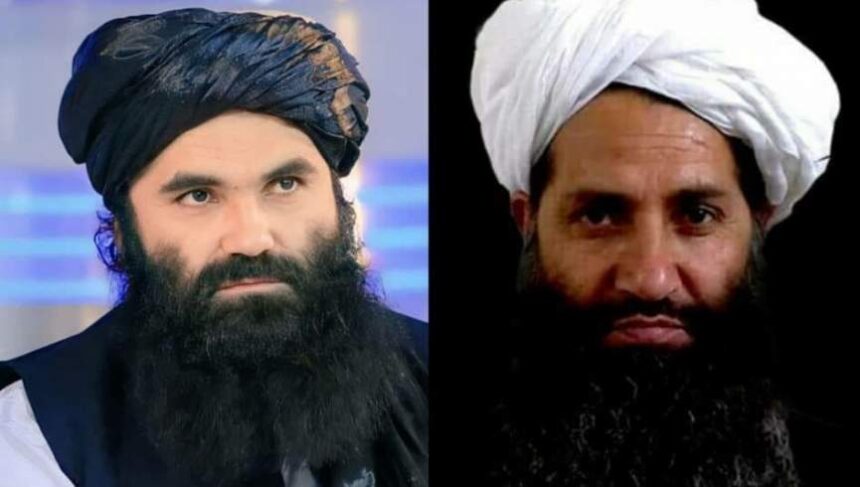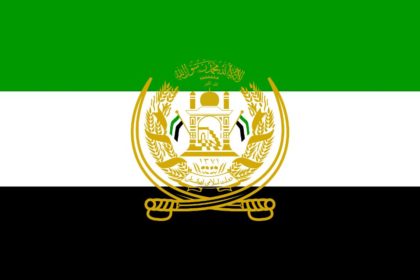RASC News Agency: Sirajuddin Haqqani, the leader of the notorious Haqqani Network, has embarked on another high-profile diplomatic tour, traveling to Saudi Arabia just 13 days after his stay in the United Arab Emirates (UAE). His increasing engagement with foreign actors has reportedly sparked deep concern within the Taliban leadership, particularly for Mullah Haibatullah Akhundzada. According to sources, Mullah Haibatullah fears that Haqqani’s foreign visits could enable him to cultivate a network of powerful allies beyond Afghanistan, ultimately posing a serious challenge to Haibatullah’s already fragile leadership.
This marks Haqqani’s second visit to the UAE in the past year, during which he has held strategic meetings with Emirati officials. Known within Taliban ranks as “The Caliph,” Haqqani has emerged as one of Mullah Haibatullah’s most formidable rivals. Over the past three and a half years, he has carefully crafted an image of pragmatism, portraying himself as a moderate within the Taliban. He has advocated for engagement with the West, called for lifting restrictions on women’s education and employment, and positioned himself as a proponent of a more open Afghanistan. However, these views stand in direct opposition to Mullah Haibatullah’s hardline policies, which prioritize the systematic oppression of women, Afghanistan’s international isolation, and the severe restriction of any interaction with Western nations.
The Haqqani Network, infamous for its decades-long campaign of suicide bombings and terrorist attacks, has been strategically consolidating power within the Taliban, escalating tensions between Haqqani and Haibatullah. The rift became even more pronounced following the recent assassination of Khalil Haqqani, the Taliban’s Minister of Refugees and a senior figure within the Haqqani Network. Sources allege that the attack originated from Kandahar and that Mullah Haibatullah played a pivotal role in orchestrating it. Observers of Afghanistani political dynamics suggest that Sirajuddin Haqqani strongly suspects an internal conspiracy behind his uncle’s assassination, viewing it as a deliberate attempt to weaken his influence within the Taliban hierarchy.
In response to Haqqani’s expanding influence, Mullah Haibatullah has deployed elite forces to Kabul, tightening control over key government and security installations in the capital a move widely interpreted as a preemptive strategy to neutralize any potential shift in power within the Taliban’s fractured leadership.






